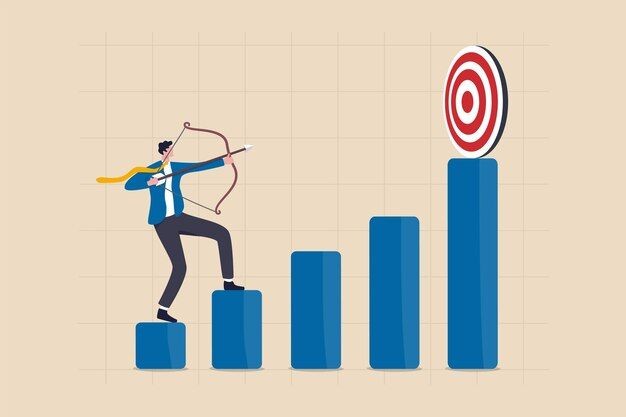"Unleashing the Power of Motivation: A Comprehensive Exploration"
Introduction:
Motivation, the driving force behind human actions, is a complex and multifaceted phenomenon that influences every aspect of our lives. From achieving personal goals to excelling in professional endeavors, understanding the intricacies of motivation is crucial for unlocking our full potential.
I. The Nature of Motivation:
Motivation can be intrinsic or extrinsic, stemming from internal desires or external rewards. Intrinsic motivation is driven by personal satisfaction and a sense of fulfillment, while extrinsic motivation is derived from external factors such as recognition, money, or praise. Both play pivotal roles in shaping human behavior, but their impact varies across individuals and situations.
II. The Psychology of Motivation:
Psychologists have delved into the intricacies of motivation, exploring theories that shed light on why and how we are driven to act. Maslow's Hierarchy of Needs posits that individuals are motivated by a hierarchy of needs, ranging from basic survival to self-actualization. Meanwhile, the Self-Determination Theory emphasizes the importance of autonomy, competence, and relatedness in fostering intrinsic motivation.
III. Types of Motivation:
Understanding the different types of motivation provides insights into how individuals approach tasks and goals. Achievement motivation drives people to excel and surpass their own expectations, while affiliation motivation draws individuals toward social connections and collaborative efforts. Power motivation, on the other hand, fuels the desire to influence and control others.
IV. The Impact of Motivation on Performance:
Motivation plays a pivotal role in determining success or failure in various endeavors. Whether in academia, sports, or the workplace, individuals who are motivated tend to exhibit higher levels of perseverance, creativity, and resilience. The relationship between motivation and performance is a dynamic interplay that can be influenced by factors such as goal-setting, feedback, and the surrounding environment.
V. Strategies for Enhancing Motivation:
Boosting motivation is a challenge that many face. Fortunately, there are numerous strategies to cultivate and sustain motivation. Goal-setting, creating a supportive environment, fostering a growth mindset, and finding intrinsic value in tasks are all effective approaches. Additionally, the power of positive affirmations and visualization techniques cannot be underestimated in bolstering motivation.
VI. Overcoming Motivational Challenges:
Despite our best efforts, everyone encounters periods of low motivation. Understanding the common challenges, such as burnout, fear of failure, and lack of clarity, is crucial for devising effective coping strategies. Seeking social support, breaking down large tasks into smaller, more manageable steps, and reevaluating goals can help overcome motivational hurdles.
VII. Motivation in the Workplace:
Motivated employees are the cornerstone of a successful organization. Employers can foster motivation by providing clear expectations, recognizing achievements, and creating a positive work culture. Employee engagement initiatives, career development opportunities, and regular feedback are instrumental in maintaining a motivated workforce.
Conclusion:
In the tapestry of human experience, motivation weaves a thread that connects our aspirations to our actions. From the psychological underpinnings to practical strategies, a nuanced understanding of motivation empowers individuals to navigate life's challenges with resilience and purpose. As we continue to unravel the mysteries of motivation, we unlock the potential for personal and collective growth, ensuring a brighter and more motivated future.














0 Comments